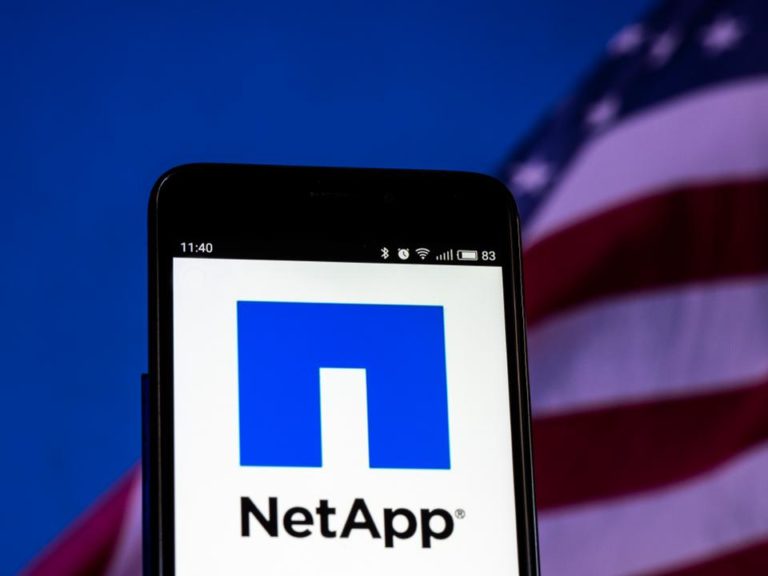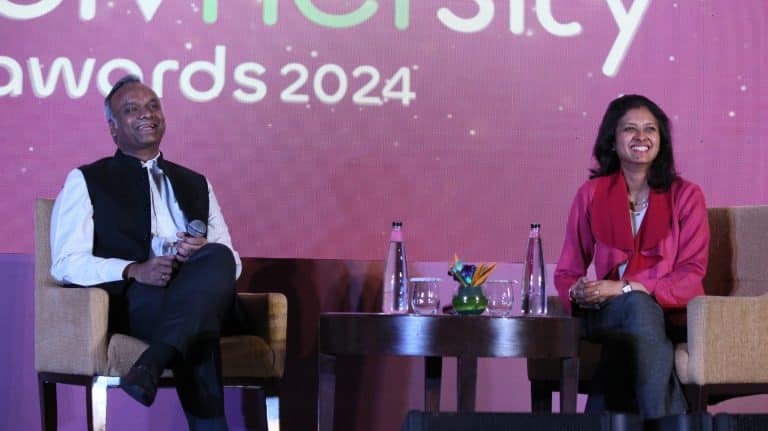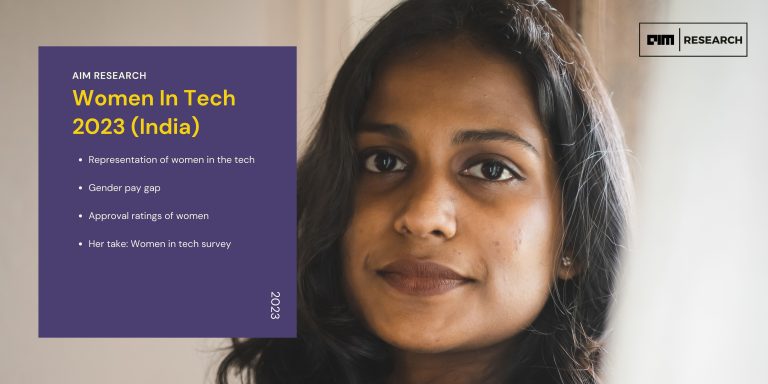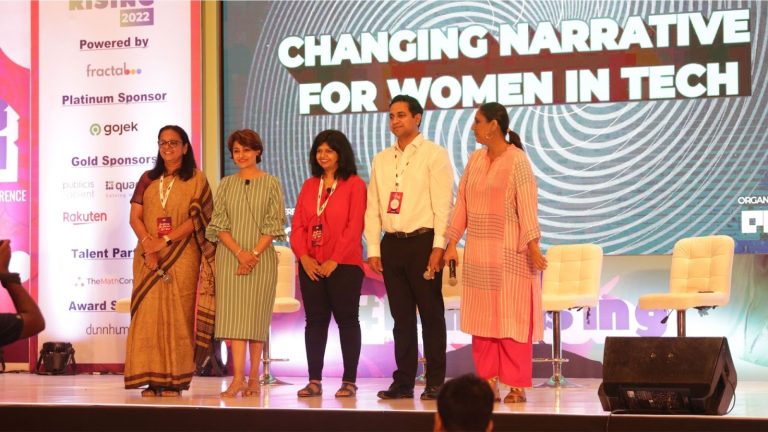Madhurima Agarwal, Director of Engineering Programs at NetApp India, spoke about the fast changing dynamic of technology at The Rising 2021. Agarwal is also the Leader of NetApp Excellerator, a startup incubation program that targets B2B deep-tech startups.
“Kodak used to be integrated vertically. It owned the entire value chain. From basic research to the finishing of the project. However, in the digital world, the digital value chain could not be dominated in the same way. Other leaders like Compaq, HP, Adobe could quickly overtake Kodak. The shift to digital imaging implied that Kodak’s success and its capital in terms of skills, technology and market position was destroyed. In 2012, Kodak filed for bankruptcy and quit the photography business altogether. The lesson is that tech change happens fast and the greatest trend can fade,” said Agarwal.
Microsoft was the most dominant tech company in the last quarter of the last century with 95 percent share of desktop OS. However, with the advent of the internet and smartphones, people could easily perform all the tasks without any need for a desktop. Microsoft was missing out big time. “The company’s fortunes changed when it pivoted to cloud. The introduction of Azure services paid off beautifully,” Agarwal said.
“It is very critical that companies keep with time and make the right technology investments that are relevant in staying in business in changing times,” she added.
Agarwal laid down a few criteria for enterprises to make the right technology investments:
Ecosystem collaboration: “It refers to evaluating the given tech component on how well it will work with the existing system,” Agarwal said. She said it is an important consideration given a large number of companies run on legacy systems, and in such cases, ecosystem collaboration needs to be taken into account for smooth operation.
Economics: Enterprises are profit-driven. The economics has to work out. If something is super expensive, the resources taken to make it happen are more than the ROI, it will not be a smart investment, said Agarwal.
Outcome-driven: This can be further broken down to four categories:
- Is the investment enabling introduction of new products or services which help a company to capture more market share and generate more topline revenue?
- Customer experience: How does this tech investment affect customer experience?
- Process optimisation: All enterprises must follow a process. Does this investment optimise the process in place?
- Security and resource conservation: How does it fit in with their security planning. How does it enhance security and resource conservation?
“In today’s world AI has become accessible, affordable and it is generating employment opportunities,” she said. AI is scalable, it is creating employment opportunities across industries, and AI CoEs are largely driving innovations.
That said, there are a few challenges that enterprises face in AI adoption:
- Whether the timing is right in an enterprise’s journey
- Skill shortage is a massive factor that acts as a deterrent in AI adoption
- Data collection
- Data curation: Development of solutions that are generic rather than specific to a particular function.
Talking about her own journey so far, she said: “I started with the finance role and became an entrepreneur, founded a company as an undergrad. Soon after I did my MBA, I worked in the finance industry and was associated with leading financial institutions. I did that for ten years. The turning point came when I decided to make a switch. I decided to take a break and trained as an executive coach. I then started my second startup, which did not work out too well, after which I moved to work at a company in a strategy role. From there, I moved to NetApp, a hardcore engineering organisation. It was a challenge because all my career, I have worked in the financial sector. However, I am a believer in skilling and re-skilling, which has helped me a lot. I follow something called the T-shape learning, you learn everything about something and then a lot about other things related.”

































